
At the local and community level all the way to the highest levels of government, women are often underrepresented in leadership positions, left without a voice in decision-making and ignored as an electorate.
Women hold only 22 percent of national parliamentary positions globally. This means that women are underrepresented in all facets of the political process often due to social-cultural barriers, the absence of training and resources for women’s political organizing, standards of living and precarious economic challenges.
Women’s political participation is the actual and equal involvement of women in the governance of the communities they belong to whether via elective, appointive or merited positions. It means the recognition and value attached to the contribution of all including women in the governance system of any community/country. Decision-making becomes beneficial to the entire country when it reflects the collaborative inputs from all members of the community without discrimination.
It is important to have both quantity and quality in the women taking part in governance. Studies have revealed that increased women’s participation has resulted in a bigger economic benefit, increased cooperation across party lines and more sustainable conflict resolution. It is important to raise women’s engagement in politics by raising their awareness of opportunities available, building confidence and skills.
The founder of Empowering Young Ladies Into Politics (EMYLIP) Maame Yaa Dufie a former TESCON member of KNUST said as a woman herself she saw it very relevant forming such an organisation to help nurture female politicians accross the various tertiary institutions and Ghana as a whole to give her female counterpart some sort of mentorship.
Maame Yaa Dufie added with such mentorship seminars, it will go a long way to help female students get the needed skill and eliminate the fear of politics being a man’s occupation.
The seminar which was hosted by the Tertiary Students Confederacy (TESCON)-NPP women’s commissioner Miss Abena Agyeiwaa Dadzie had Dr Danquah a lecturer for faculty of Allied health and college of health sciences and Miss Eunice Nsiah an LLB student of KNUST speaking on the following thematic areas:
why aren’t more women in politics_?
How this imbalance can be fixed.
Women empowerment.
Creating a female political culture.
The host TESCON KNUST Women’s Commissioner was very grateful to Maame yaa Dufie nurturing such an idea and establishing it before graduating from the Kwame Nkrumah University Of Science Of Technology (KNUST) which she is now in frontline politics she added. Read Full Story


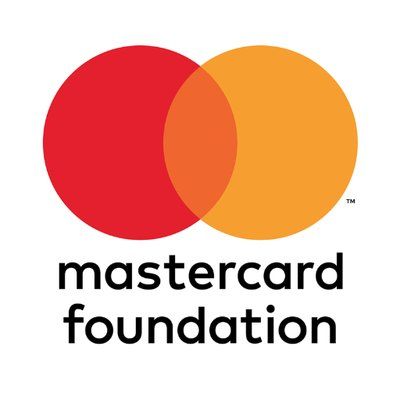
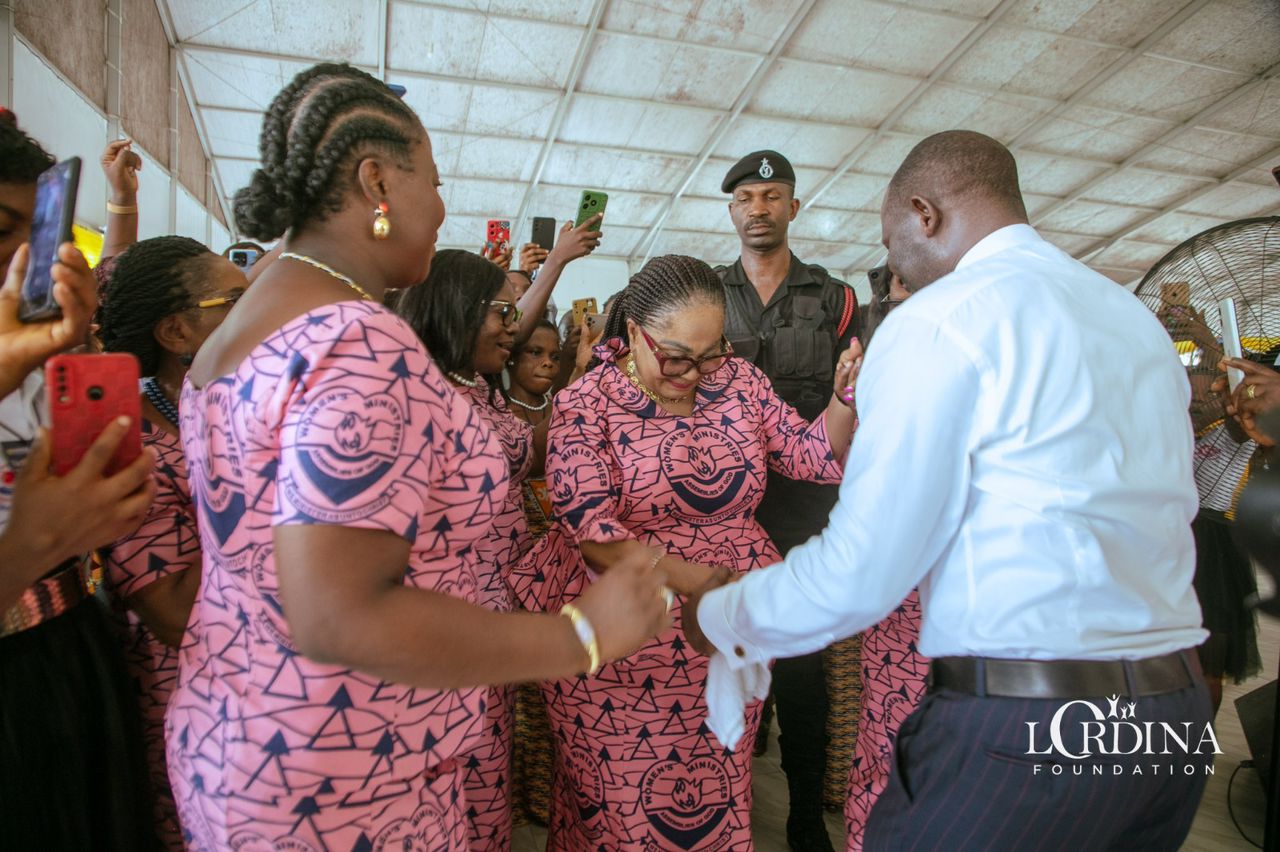
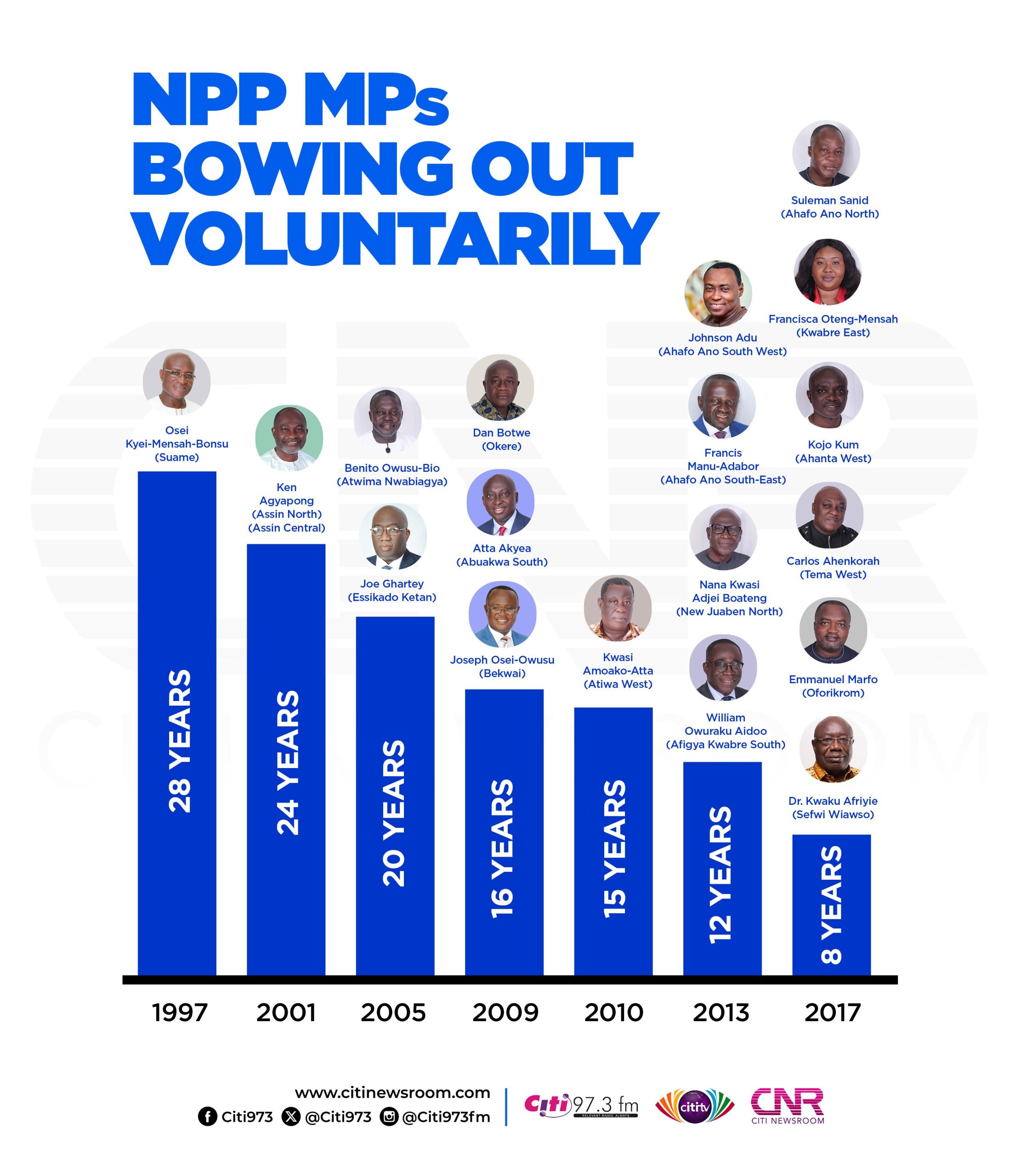
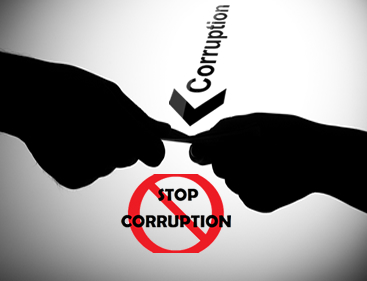
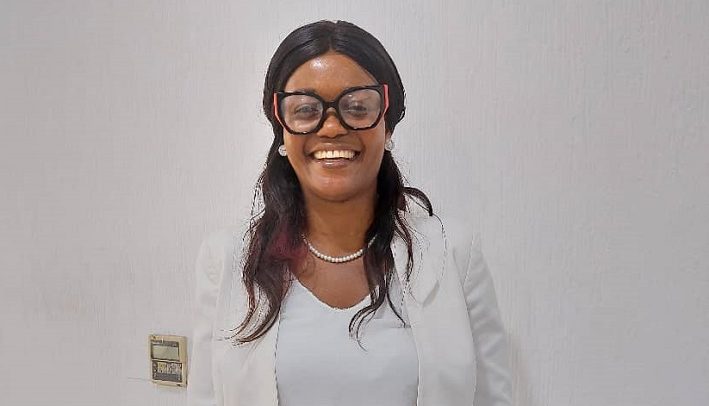


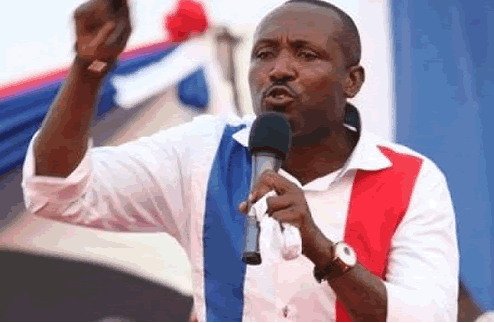





Facebook
Twitter
Pinterest
Instagram
Google+
YouTube
LinkedIn
RSS